
Authors Elizabeth Melimopoulos & Ali Rae
San Salvador, El Salvador – Sitting in the concrete courtyard of Ilopango women’s prison in San Salvador, El Salvador, Teodora del Carmen Vasquez speaks slowly, with the tone of someone who has told her story many times.
It was more 10 years ago that she made a 9-11 call that led to her 30-year prison sentence.
“I told them I was pregnant, and that I was going to have my baby,” she recalls as other prisoners mill around the courtyard doing their daily tasks.
“I asked them to help me … I kept dialing, but the ambulance never came.”
Four hours later and still in extreme pain and bleeding, Carmen Vasquez says she went to the toilet of a school where she was working.
“When I was in the toilet, I hadn’t even sat when I felt something come down, and I fainted,” she tells Al Jazeera.
After regaining consciousness, Carmen Vasquez says she sat outside the toilet waiting for help, surrounded by her blood, unaware that she had already delivered her daughter and that the baby was stillborn.
Someone else who was in the school at the time had spotted the blood and flagged down a passing police patrol.
They … [said] that I had killed my baby …. [But] I thought the baby was still inside [me]
CARMEN VASQUEZ
When the police arrived, they did not give her the medical care or help she so desperately needed.
Instead, they handcuffed her.
“They told me they were arresting me for the crime of homicide,” she recalls.
“A female police officer pushed me and told me “you b***h, you are going to rot in jail.”
Carmen Vasquez, who was 24 years old at the time and pregnant with her second child, says that when the police arrested her, she was still losing blood and had little idea of what was going on.
“I did not hear anything. I never heard anything. I did not hear my baby cry,” she says.
“I was waiting for them to come to help me because I didn’t have any knowledge, there was a lot of blood, and that was [all I knew].”
Carmen Vasquez was taken straight to jail.
“They … [said] that I had killed my baby …. [But] I thought the baby was still inside [me],” Carmen Vasquez says as she recalls a story still vivid in her memory.
She says she was taken to receive medical care after overhearing one police officer said: “The woman is going to die here, take her to hospital.”
When she woke up, she was surrounded by reporters who took her photo and filmed her, but “did not ask … anything”.
It was only months later that a judge found her guilty of aggravated homicide and sentenced her to 30 years in prison.
“When they told me that I was sentenced to 30 years, I felt that my whole world had come crashing down.” Carmen Vasquez says.
She was charged under a strict law in El Salvador that prohibits abortion in any circumstance.
Carmen Vasquez, her lawyers, and supporters, including international human rights organizations, said she gave birth to a stillborn baby girl.
But the state accused her of aborting her child.
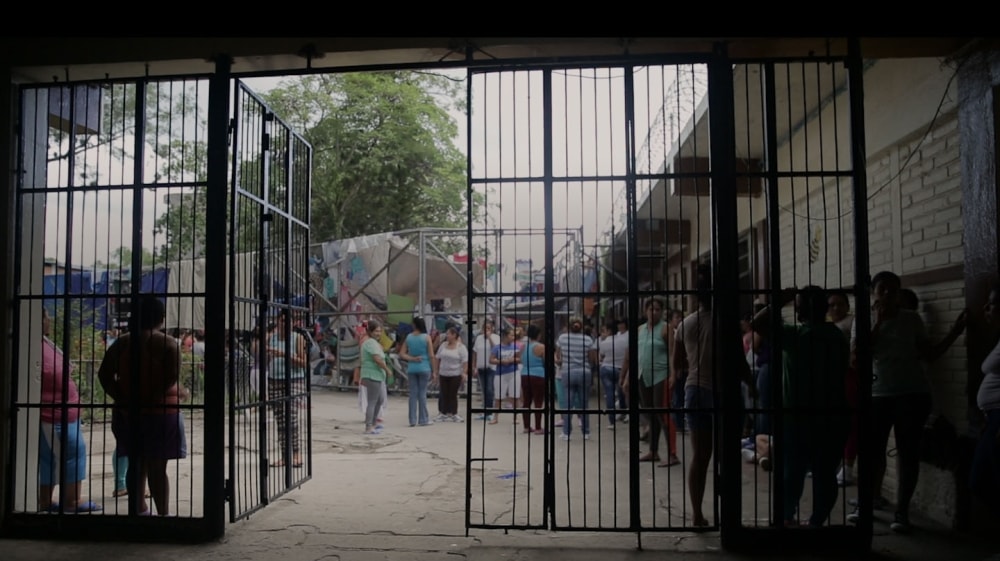
Ilopango prison in El Salvador [Ali Rae/Al Jazeera]
Hope for Carmen Vasquez
After 10 years in the squalid and overcrowded Ilopango prison, which houses nearly 10 times the number of people it is designed to hold, Carmen Vasquez hopes that conviction will soon be overturned.
San Salvador’s Second Court of Judgement is set to review her case next week.
One of her lawyers, Katia Recinos who works with the pro-choice group Citizens Association for the Decriminalization of Abortion, says she believes the review will lead to her client being freed.
Recinos tells Al Jazeera that the legal team was able to persuade the court to review the case because the “forensic investigation was not executed correctly”.
“[The Institute of] Legal Medicine established that the baby died due to perinatal asphyxia, but we were able to determine [that] the baby was dead before she was born,” Recinos says.
The lawyer explains that the “incomplete assessment” provided by the forensic doctors at the time combined with the fact that Carmen Vasquez had an ineffective legal team lead to her conviction.
The General Prosecutor’s Office of the Republic of El Salvador was not available for comment.
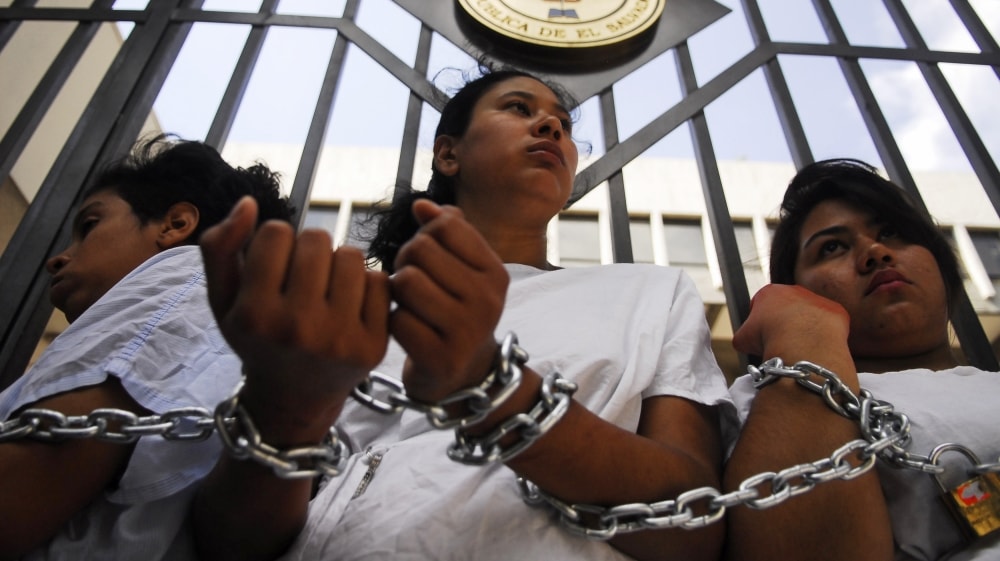
Women stand chained together outside the Supreme Court during a protest in San Salvador [Reuters]
Strict abortion law
El Salvador is one of only five countries where abortion is criminalized in all cases.
Under the law, which was implemented in 1998, women can be charged with murder and other related charges for an abortion or suspected abortion carried out for any reason.
Additionally, medical professionals can face prosecution for not reporting a suspected abortion.
Rights groups say that this has created an environment of suspicion that often leads to women who have suffered miscarriages, stillbirths, and other medical emergencies during pregnancy, being falsely accused of having an abortion.
“When a woman goes to the doctor because she has aborted naturally, the presumption of guilt automatically reigns instead of the presumption of innocence,” Alberto Brunori the representative for Central America at the Office of the United Nations High Commissioner for Human Rights (OHCHR), told local media in August.
Under the law, women can be charged with abortion or aggravated homicide.
If convicted of abortion, a woman faces two to eight years in prison. Those convicted of homicide are sentenced to 30 to 50 years.
According to Recinos, a woman is typically charged with an abortion if she is suspected to have ended her pregnancy within the first 12 weeks of gestation. She is charged with aggravated homicide, however, if she is suspected to have ended the pregnancy after the first 12 weeks.
But she adds that the judge often decides the charge “solely based on the beliefs or gender biases that he has”.
The law has been justified by the country’s Catholic community and right-wing politicians.
Gregorio Chavez, the auxiliary bishop of San Salvador, told the BBC in 2015 that “all human life is sacred”.
He added: “Eliminating it is a murder and if there are two lives in danger, mother and child, we must save the life of the weakest, the son.”
At a 2016 plenary session on the topic of abortion in El Salvador’s Congress, Ricardo Velasquez Parker, of the opposition Alianza Republicana Nacionalista party (ARENA), declared: “If article one of our Constitution establishes that the person is recognised as a human being from the moment of conception, I do not need anybody to come to explain from a propagandist perspective that a … child to be born must pay for the broken dishes in … the unfortunate case of rape.”
“I would remind the deputies of all political forces that there is no Salvadoran that goes to church … that has principles and values that will see in a favorable light, in electoral matters, a deputy who votes in favor of decriminalizing abortion,” Velasquez Parker said.
They [the upper-class] do not understand that most of the time women do not have access to water, electricity and sanitary services. In these communities, many women do not even realize they are pregnant.
VICTOR PENA, JOURNALIST
Recinos says that this sentiment is often echoed in the media.
“Many times, the media portrays them [the women] as murderers of their children,” she explains.
Victor Pena, a journalist who works for the Salvadoran website El Faro, says Catholic families control the two major newspapers in the country.
“Many times journalists have no choice but to follow that editorial line, fearing to lose their jobs if they do otherwise,” Pena tells Al Jazeera.
“There is also rampant ignorance about how the lower classes live,” he adds.
“They [the upper-class] do not understand that most of the time women do not have access to water, electricity and sanitary services. In these communities, many women do not even realize they are pregnant.”
But public opinion may be changing.
A 2013 Amnesty International survey found that 74 percent of Salvadorans were in favor of abortion when the life of the woman is in danger.
Over the last couple of years, there have been several protests to support both sides of the debate.
At a demonstration against the strict abortion law in September, 50-year-old Santo Froiland told Al Jazeera that the “problem with El Salvador is that the legislation is made directly by men”.
“All the issues that are there are always favoring men in a macho style, putting aside all the rights women have,” he said.
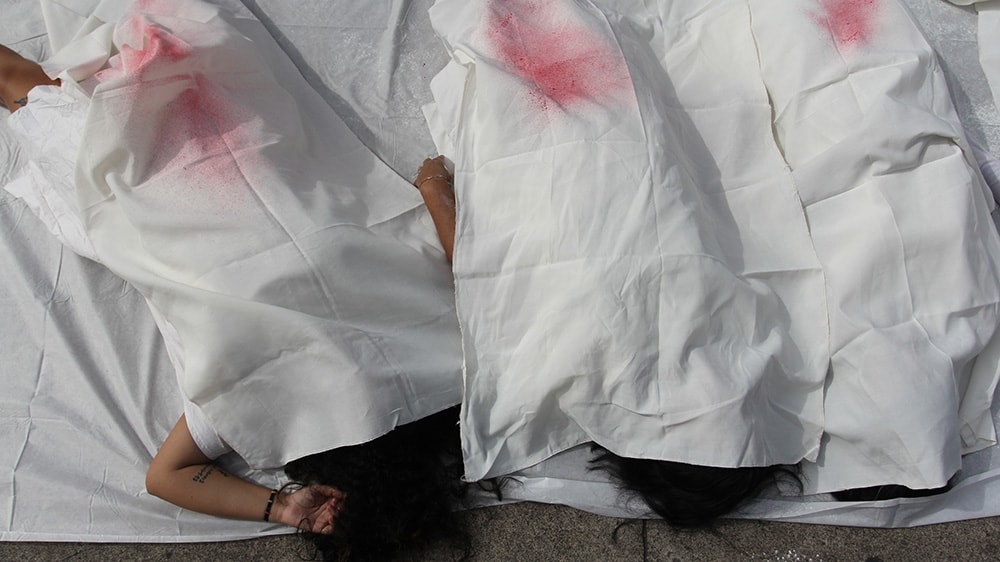 Women protest the strict abortion laws in San Salvador [Ali Rae/Al Jazeera]
Women protest the strict abortion laws in San Salvador [Ali Rae/Al Jazeera]
Las 17
While Carmen Vasquez’ sentence is one of the harshest, her story is not the only one.
She is part of what is known as “Las 17” or “The 17” – a group of women who were convicted between 1999 and 2011 after losing their babies.
The women and their supporters say they suffered miscarriages, stillbirths or the child died shortly after birth.
The majority of Las 17 are like Carmen Vasquez: Young and poor.
According to the Federation of Feminist Organizations, a network of women’s groups in El Salvador, several of these women arrived at public health facilities bleeding and asking for help. But out of fear of being prosecuted themselves, medical staff contacted the police instead of providing care.
Rights groups say these women are guilty of nothing more than going into labor prematurely or experiencing gestational complications.
“In most cases, these are women without resources who suffer obstetric emergencies or spontaneous abortions [miscarriages] and, when they go to hospitals, they are reported by the medical staff, because they are afraid of prosecution,” Recinos explains.
I believe that my country hasn’t treated me well at all, I didn’t expect this, I didn’t expect this from my country.
CARMEN VASQUEZ
Their imprisonment doesn’t just affect the women but also their families.
“Most of them are single mothers, their life partners are abroad,” Recinos says.
She adds that before being convicted, many of these women supported their families financially.
Once arrested, the woman’s family often struggles to pay the legal fees to support them in court.
Carmen Varquez’ family is still paying off the fees from her first lawyer 10 years ago.
In 2014, the Citizens Association for the Decriminalization of Abortion, supported by Amnesty International, petitioned the Supreme Court to free the 17 women.
Three – Maria Teresa Rivera, Carmen Guadalupe Vasquez Aldana and one woman identified as only Mirna – have had their convictions overturned.
For Carmen Vasquez and her family, they hope her upcoming day in court will bring the same news.
“The lawyers have done an excellent job, I hope that in this revision, we will be successful, and I can be there, outside, that’s what I wish the most,” she says.
But even if the conviction is overturned, Carmen Vasquez’ sister Cecilia fears for her life.
“I don’t want her to stay here,” Cecilia says.
“First of all, because of the discrimination that she will suffer from the family. Secondly, because the boys, the gang members, I’m scared for her,” she adds.
“She has not been around for 10 years now, once she comes back, they will try to investigate her, to know why was she in jail …. She could easily become a target of these criminal groups.”
Carmen Vasquez says if she is freed, leaving may be her best option.
“I would like to leave and never come back,” she says.
“Because believe me, I believe that my country hasn’t treated me well at all,” she adds.
“I didn’t expect this; I didn’t expect this from my country.”
Reporting for this story was supported by the International Women’s Media Foundation as part of the Adelante Latin America Reporting Initiative.
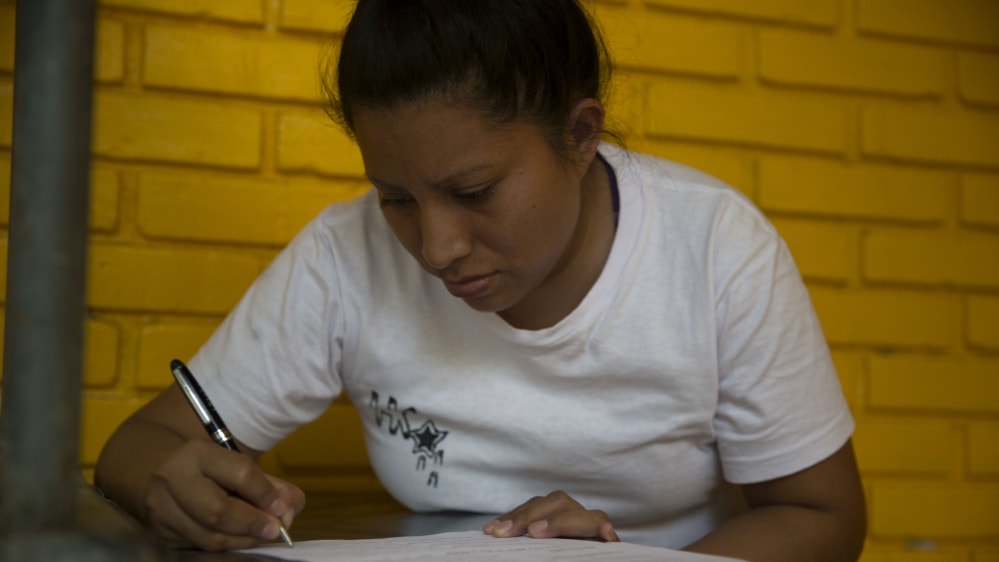
Carmen Vasquez hopes to be able to regain her freedom soon [Ali Rae/Al Jazeera]
Link to original article on Al Jazeera News:

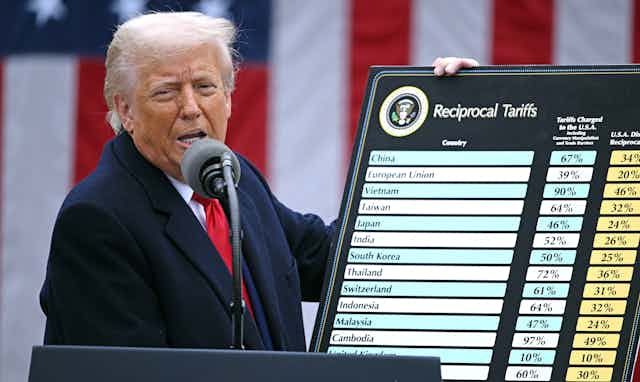

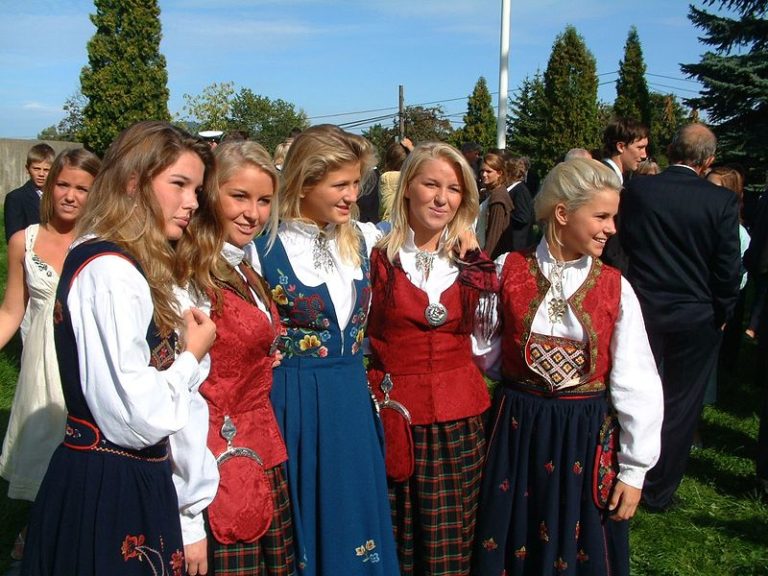
39 Comments
Pingback: The World's Sustainable Gazette - Bergensia.com - Bergensia
Pingback: hydroxychloroquine eye exam
Pingback: hydroxychloroquine in south dakota
Pingback: hydroxychloroquine dosage chart
Pingback: order hydroxychloroquine
Pingback: homemade ivermectil remedies
Pingback: sildenafil and priligy dosage
Pingback: stromectol for staph
Pingback: stromectol mk
Pingback: stromectol capsules 12mg
Pingback: stromectol for scabies
Pingback: cadista use
Pingback: other names for ivermectin
Pingback: stromectol and advil
Pingback: how long is ivermectin effective
Pingback: ivermectin cas
Pingback: ivermectin amazon
Pingback: generic ivermectin heartworm
Pingback: ivermectin for humans lice
Pingback: viagra from mexico
Pingback: canada viagra cost
Pingback: england pharmacies shipping to usa
Pingback: cialis from canada no prescription
Pingback: fish hydroxychloroquine for sale
Pingback: stromectol pills for sale from mexico
Pingback: viagra uk otc
Pingback: tadalafil generic in india
Pingback: viagra for women otc
Pingback: cabana tent
Pingback: reference
Pingback: เครื่องกรองน้ำ coway
Pingback: altogel login
Pingback: fear of god essentials
Pingback: ผู้ป่วยติดเตียง
Pingback: รับทำเว็บไซต์
Pingback: https://hitclub.blue
Pingback: Bobs SEO
Pingback: fox888
Pingback: Destination Wedding in France